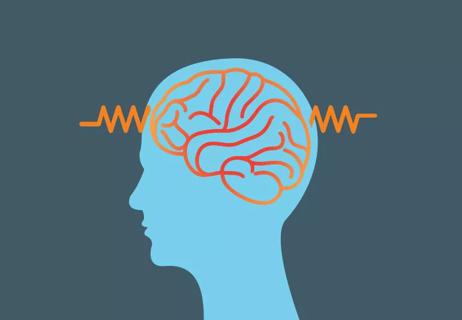Epilepsy expert discusses latest research, side effects and FDA guidance for use

Treating epilepsy presents a variety of challenges for patients and their families. Sometimes, it takes time to find the right medication and dosing to properly manage seizures and other epilepsy-related health issues. Or it may be necessary to adjust the medication so that it doesn’t cause side effects that impact quality of life. This is especially true for patients with two rare forms of severe childhood-onset epilepsy: Lennox-Gastaut syndrome and Dravet syndrome.
Advertisement
Cleveland Clinic is a non-profit academic medical center. Advertising on our site helps support our mission. We do not endorse non-Cleveland Clinic products or services. Policy
In the search for new treatments for these rare forms of epilepsy, researchers have been studying marijuana-based drugs for their potential seizure-controlling benefits. In June, the FDA approved cannabidiol (CBD), a marijuana-based medication, for the treatment of seizures in patients (age 2 and older) who have been diagnosed with Lennox-Gastaut syndrome or Dravet syndrome.
Here, epilepsy expert Elaine Wyllie, MD, explains the science behind the new treatment, common side effects and guidance for use.
A: Unlike marijuana, CBD does not contain tetrahydrocannabinol (THC), the chemical that causes users to feel high. Since the THC has been removed, researchers believe that CBD treatment is likely to involve a low risk of abuse or addiction. The U.S. Drug Enforcement Administration will soon reclassify CBD in a medication category among other drugs that have received federal approval for medical use.
A: The FDA reviewed the results from three clinical trials involving more than 500 children and adults with either Lennox-Gastaut syndrome or Dravet syndrome. The researchers conducted randomized, placebo-controlled, double-blind studies that followed strict guidelines to ensure accurate and reliable results.
Advertisement
The following results demonstrate the efficacy of CBD:
A: The most common side effects were sleepiness and lethargy. A few patients reported diarrhea, vomiting, unsteadiness or decreased appetite.
During the study, some patients experienced mild liver abnormalities — especially if they were also taking the seizure drug valproate (Depakote®). Once CBD was discontinued, however, their liver function readings on blood tests returned to normal.
A: Some patients who took CBD experienced interactions with other seizure medications. For example, CBD increased the level of one of the components of the seizure drug clobazam (Onfi®) in the bloodstream, which caused some patients to feel sleepy. During the clinical trials, CBD mildly affected some other seizure drugs; however, the impact was inconsequential.
A: CBD will be available as a twice-daily oral solution — under the brand name Epidiolex®.
A: By fall 2018, pharmacies anticipate CBD’s availability by prescription only. At that time, the manufacturer will provide physicians and families with comprehensive information and guidance that details the safe use of CBD. This is unlike other marijuana-based products, which have not been subjected to a stringent FDA approval and quality-controlled manufacturing method.
A: You may ask your doctor about taking CBD for epilepsy conditions other than Dravet syndrome or Lennox-Gastaut syndrome. While physicians can legally prescribe FDA-approved drugs for conditions other than those involved in the clinical trials, such “off-label” use of medications mandates thoughtful analysis and specialized medical expertise. Additional research is needed to clearly define the range of patients who may benefit from CBD treatment.
A: Talk to your epilepsy specialist to discuss whether you may benefit from CBD.
Advertisement
Learn more about our editorial process.
Advertisement

The truth about an often misunderstood condition

‘Ictal pouting’ is subtle sign of frontal lobe seizures

Older adults are fastest-growing epilepsy population

Déjà vu makes you feel like you’ve lived this moment before, even though that’s impossible — and it may have a neurological cause

A gastroenterologist explains the connection

Most recommended precautions center around minimizing bruising or swelling

Even one drink can have an impact on your cognitive function leading to slurred speech, blurred vision and impaired memory

Type 2 diabetes isn’t inevitable with these dietary changes

Applying a hot or cold compress can help with pain